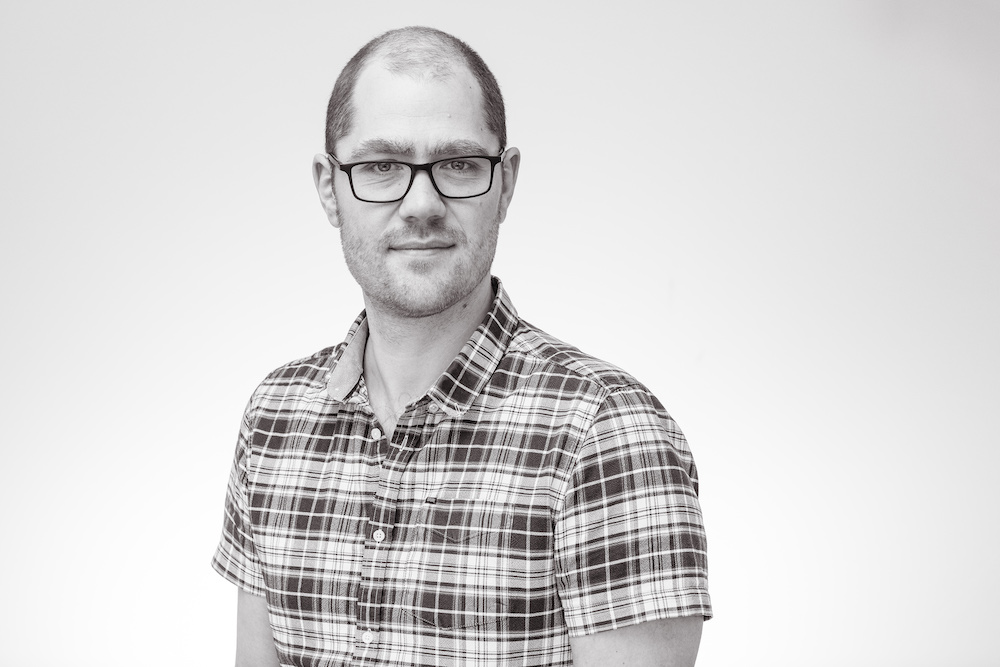Find out what it’s really like to work at Habitat Energy with the latest in our #HabitatEnergyExplored series. This month we talk to Josh Arnott, Full Stack Software Engineer about his role, how he came to work in the renewables industry and finding work life balance when your occupation is also your hobby.
What does your job involve?
I’m a full stack software engineer. This means I’m responsible for writing and deploying software, including everything from the user interface to the infrastructure that it runs on. Since starting at Habitat Energy I’ve mainly been focused on the software that allows us to communicate with the battery assets we operate, making sure they do what we expect when we expect in a way that respects the warranty and safety constraints of the system.
What’s a typical day like?
The software team follows a hybrid working pattern, split between home and office, but the aim is to have one day a week when we’re all in together. We have a 15-minute standup with the UK software and data science team for everyone to check-in, so everyone knows who is doing what and can help if anyone is blocked on something. The rest of the day is mostly programming (which is more than just writing code!) either individually, or in pairs with video conference and screen sharing. On the day we spend in the office together we try to take advantage of seeing each other in person which means lots of whiteboarding and just general catching up.
How did you get into the renewables industry?
My undergraduate degree is in Environment Science, which I was attracted to as it includes a bit of everything: biology, chemistry, physics, maths, geography. It was during my undergrad I started to use my skills in programming to solve real world problems. After university I worked as an environmental consultant, which was a nice mix of fieldwork (e.g. installing water level sensors in rivers) and programming models of our water supply networks. I then took a full-time software engineering job in the telecoms industry, before joining Habitat Energy to get back into the environmental sector.
What do you think the industry should be doing to promote greater Diversity & Inclusion?
I’m going to answer this question from the perspective of the software engineering industry, which has a particular problem with diversity. It’s a complex issue and one that starts even before the first interview. As a team we can only consider the people who apply to the jobs we advertise but we have to consider how we promote these roles to influence the diversity of people applying. Another aspect is the diversity of people studying STEM (Science, Technology, Engineering and Mathematics) subjects, who then feed into both the renewables and software industries. Organisations like Girls Who Code are having a positive influence here. As a team we often discuss how each of us prefers to communicate to find ways of working that suit everybody.
How does Habitat Energy differ from other companies you have worked at?
Habitat is a lot smaller than any of the other companies I’ve worked at. There isn’t too much bureaucracy which makes it easier to move quickly, which is important given how dynamic the markets we operate in are.
What’s your favourite part of the job?
I’ve worked at Habitat Energy for over two years now and I still get a bit excited when I have the opportunity to directly control one of the batteries.
How do you balance work and personal life?
Sometimes with difficulty! Before programming was my occupation it was also a hobby, and it still is, which can sometimes blur the line. The best piece of advice I’ve heard on this subject is to remember that we all have flexible identities and contain multitudes: sometimes I’m an employee or a colleague, sometimes I’m a friend or a family member. The important thing is to be present in the moment and make conscious choices about which hat you’re wearing right now.
Which of Habitat’s values most resonates with you?
Embrace change & choose positivity: Good things happen at the end of your comfort zone. I’m an advocate of the lean and agile methodologies as the best way to deliver value in the kind of dynamic environment we work in.
What advice would you give someone starting out in their career?
You might not even have heard of the job you end up building a career in. Every industry is made up of teams of people working in complementary roles. The challenge is to find the niche that inspires you.
